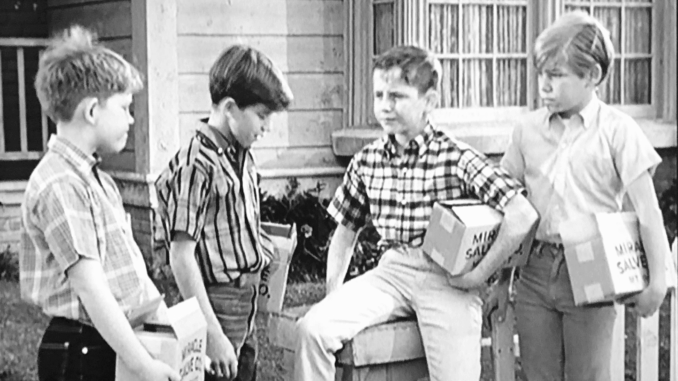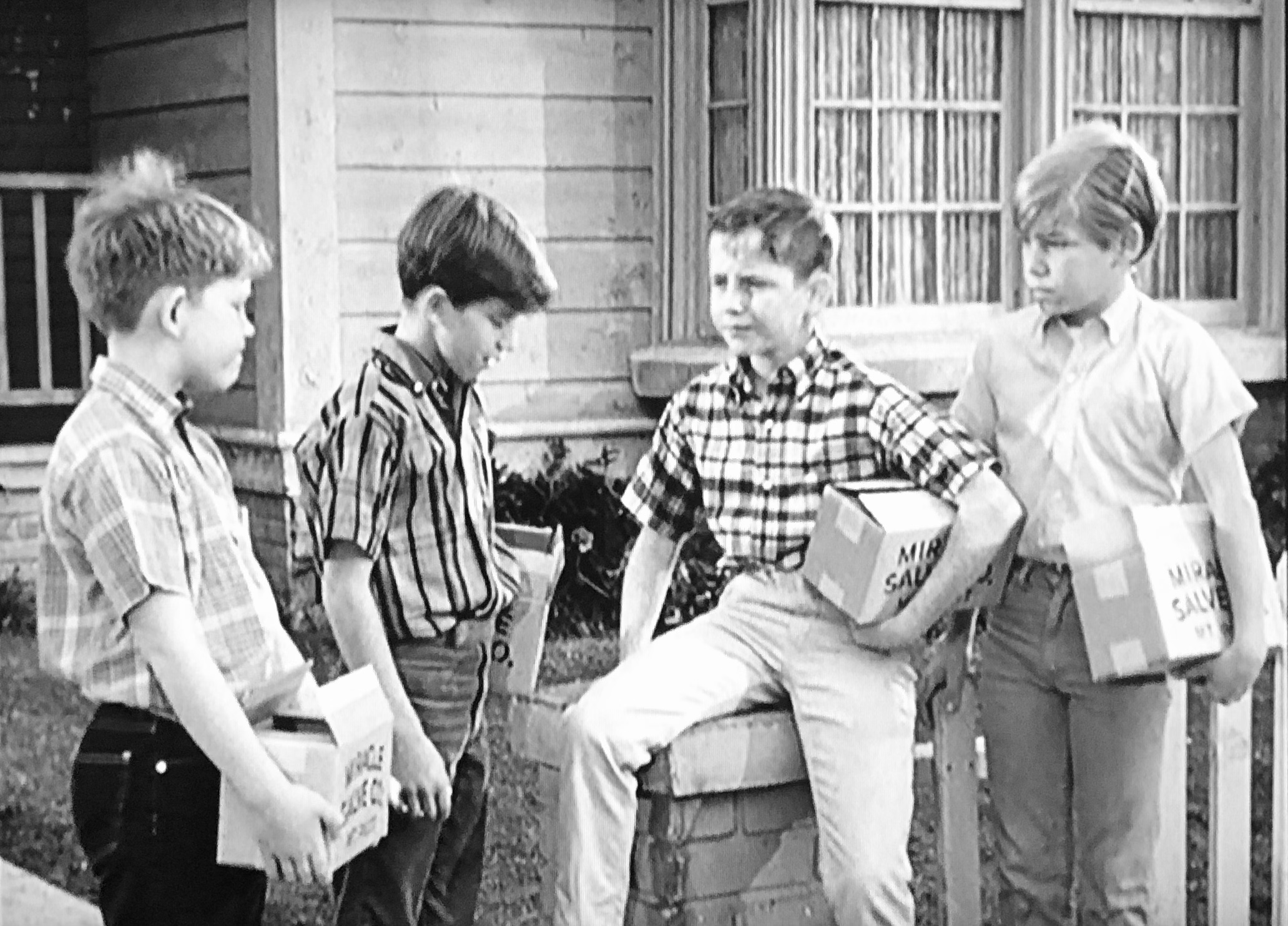
DennisRush, as HowiePruitt, appears in only a few episodes but plays a subtle role in expanding the childhood world of The Andy Griffith Show:
1. Adds depth to the character of Opie
Opie (RonHoward) is the emotional bridge between the audience and the Taylor family. When Opie interacts with Howie, we see more of his innocent, triumphant, and sometimes stubborn side—sharp aspects that are hard to reveal when Opie is stuck inside an adult. Howie encourages Opie to try his hand (like competing in sports, being a mischievous “sacrificer”), giving AndyTaylor an opportunity to teach moral lessons about responsibility and honesty.
2. Reflects “Mini-Mayberry”
Howie and Opie’s stories vividly recreate small-town culture: secret clubs, lake fishing, backyard soccer. 1960s audiences see their own childhoods; The counterfeits now feel a simple, slow-burn clarity that is rare today. Howie represents the “kids in the neighborhood,” suggesting that Mayberry is not all about adults.
3. Emphasize the show’s light-hearted elegance
Every time Opie-Howie gets into trouble—from skipping school because of a “fake illness” to borrowing things without permission—the script always ends with economic advice but no lecturing. The two best friends who deliver this message sing in childish language, creating a lesson that is easy to follow rather than a heavy moral.
4. A fleeting career, but a lasting mark
DennisRush stopped acting in films in the late 1960s, opting for a life of everyday life. This reflects the “transient nature” of many child actors of the time: they would briefly portray a moment on screen and then leave, leaving a strong nostalgic impression. Today’s fan meetings still evoke Howie as an indispensable piece of the “Mayberry universe.”
5. The Meaning of Legacy
Howie’s existence is a testament to the power of the cast: the characters, no matter how small, contribute to the series’ depth and longevity. Thanks to them, The Andy Griffith Show transcends the painful sitcom and becomes a community portrait—where each character, no matter how small, is important and memorable.
